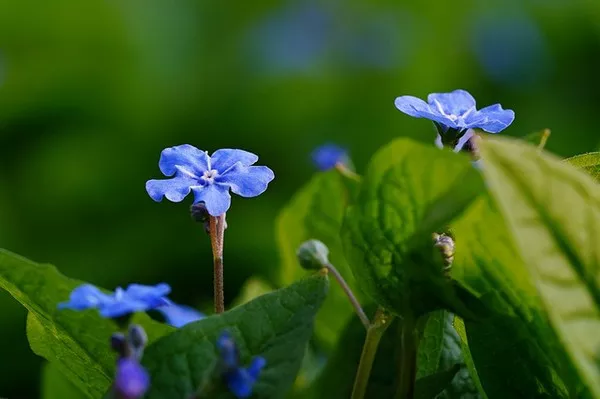DNA from Coprolites Unearths Dietary Secrets of Pre-Columbian Caribbean Peoples
A groundbreaking study published on October 11, 2023, in the open-access journal PLOS ONE, has provided fascinating insights into the dietary habits of two pre-Columbian Caribbean cultures, the Huecoid and Saladoid peoples, by analyzing plant DNA extracted from mummified feces, or coprolites. Conducted by a team led by Jelissa Reynoso-García from the University of Puerto Rico, the study revealed a rich tapestry of food choices, including maize, sweet potato, peanuts, tobacco, and cotton.
Mummified feces, or coprolites, offer valuable clues to understanding ancient diets and lifestyles. In this research, scientists meticulously analyzed plant DNA found in coprolites collected from archaeological sites related to the Huecoid and Saladoid cultures, shedding light on their culinary preferences and practices.
The researchers focused on ten coprolite samples excavated from the La Hueca archaeological site in Puerto Rico. They meticulously extracted and examined plant DNA from these samples and compared it to a comprehensive database of coprolite samples and contemporary plant DNA sequences.
The results of the study indicate that the Huecoid and Saladoid peoples had a diverse and sophisticated culinary tradition. Their diets included sweet potatoes, both wild and domesticated peanuts, chili peppers, a domesticated strain of tomatoes, papayas, and maize. Interestingly, traces of tobacco were detected, suggesting its use in the form of chewing tobacco, inhaled powdered tobacco, or even as a medicinal and hallucinogenic food additive.
Moreover, cotton was an unexpected discovery. It is hypothesized that this could be attributed to the use of ground cotton seeds for oil or the practice of women wetting cotton strands with their saliva, leaving strands in their mouths while weaving. Intriguingly, cassava, a plant commonly believed to be a staple food in the pre-Columbian Caribbean, was not found in the coprolite analysis. This discrepancy may be due to the degradation of plant DNA resulting from cassava preparation techniques mentioned in historical accounts.
The study authors acknowledge that coprolite samples represent only a snapshot of an individual’s recent diet, and the limitations of DNA sequence databases could result in the omission of extinct, rare, or non-commercial crops. Nevertheless, this groundbreaking research provides remarkable insights into the daily lives and dietary habits of pre-Columbian Caribbean populations.
As Dr. Toranzos pointed out, “Who would have thought that something that we avoid even looking at would contain so much information? It’s especially incredible that this is so even after thousands of years.” This study underscores the power of scientific exploration to unlock the secrets of the past.


